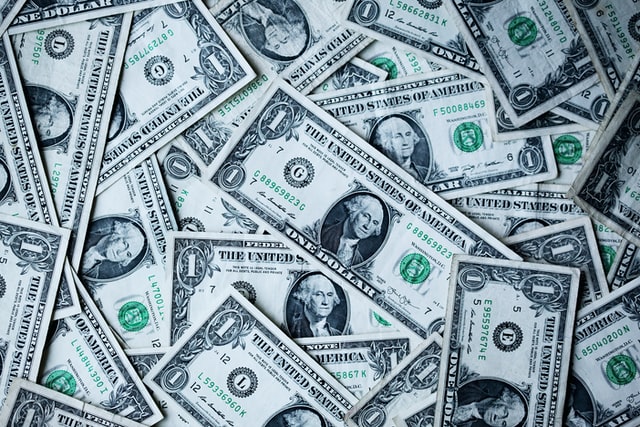The dollar-pegged market offers a hedge against domestic currency volatility
The Dubai real estate market has been seeing funds flowing in from Africa, mostly from retail investors, since the advent of freehold laws. However, the sector is now seeing active interest from listed African institutional investors as well. These effectively represent REIT-based structures that are listed on exchanges.
Market stakeholders cite an instance of Turnstar Holdings Ltd, a firm listed on the Botswana Stock Exchange, purchasing a ready, fully leased office building in Dubailand’s Majan cluster for approximately $100 million. There are also funds seeking out buildings in other Dubailand clusters as well as Jumeirah Village. Some of them are even bringing in cash flow to developers as per construction timelines.
The main reason why these African funds are attracted to dollar-pegged markets such as the UAE is a hedge against domestic currency volatility.
Regulated market
Also, established rules and regulations in Dubai make the investment easier to manage for the African investors. These institutional investors are mostly looking to purchase retail and office space in Dubai. This is because such buildings offer a stable tenant base and the lease duration is longer, thus offering a greater visibility of cash flow. African investors typically tend to invest in such asset classes in their home countries as well. Apart from real estate, they are also investing in the sectors of food and beverage, education and healthcare.
African institutional investments have increased in Dubai over the past two years. This is the time when currency fluctuations were high in Africa as well as political uncertainty, with a number of countries hosting elections.

